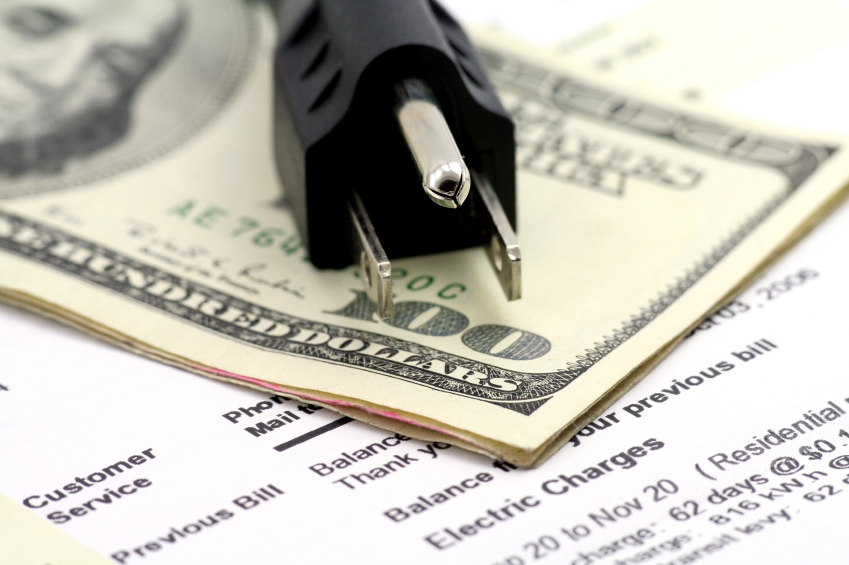AARP Hearing Center

Utility rates are an essential pocketbook issue for Maryland residents 50-plus and their families, many of whom struggle to pay their utility bills along with other household expenses like food and medicine. That’s why AARP Maryland is here to provide you with the information you need to help save you money on your energy bills.
As a resident of a deregulated home energy market, you can choose an alternative to your regulated electricity and natural gas utility. These alternatives are called third-party energy suppliers and, in many cases, could end up costing you more money. Since 2010, the Wall Street Journal reports that residents from the 14 deregulated jurisdictions paid $19.2 billion more to third-party energy suppliers than they would have paid to their regulated utilities.
ARE YOU OVERPAYING FOR UTILITIES?
AARP Maryland’s Energy Supplier Toolkit includes short videos, brochures and worksheets to help you find out if you’re overpaying for home energy. (https://linktr.ee/MDEnergyToolkit)
WHAT YOU NEED TO KNOW
Regulated Utilities
- The delivery and supply are regulated and overseen by a state utility commission, usually called a PUC or PSC.
- Contracts are long term, from move-in to move out. If a family pays their bills relatively on time, they keep their power.
- Electricity is generally fixed rate and natural gas rates are variable based on market supply.
- Utilities offer online and toll-free customer service agents that can answer any question a resident has about their utility account.
Third-Party Suppliers
- These businesses use consumer contracts that are short-term in nature, ranging from 3, 6, 9, 12, 24 or 36 months.
- Consumers only have a choice on their electric supply provider, not on their delivery provider.
- These contracts require the consumer to track the term and re-shop and renew their contracts continually.
- The contracts include auto-renewal clauses that legally allow the supplier to convert a contract rate structure to variable rates, or rates determined by the supplier if the consumer does not renew at the end of the term.
WHAT YOU SHOULD DO
The decision to choose a third-party electric supplier or stay with standard service requires information. Before entering a contract take these steps:
- Check your utility bill and compare rates.
- Avoid buying energy at your door or out shopping.
- Don’t show your utility bill to salespeople.
- Call your utility
- Ask friends and family for advice
ADDITIONAL RESOURCES
- “How To Compare Prices” a two-minute video
- "Check Your Bill," a print-ready one-page flier
- AARP Maryland's Energy Supplier Worksheet can help you determine if you are overpaying for your energy needs
- "Is Retail Energy ‘Choice’ an Aladdin’s Tale?," commentary by AARP volunteer Laurel Peltier published by Maryland Matters
- "Some Maryland Residents Overpaying for Basic Utilities," AARP Bulletin July 2021 issue































































